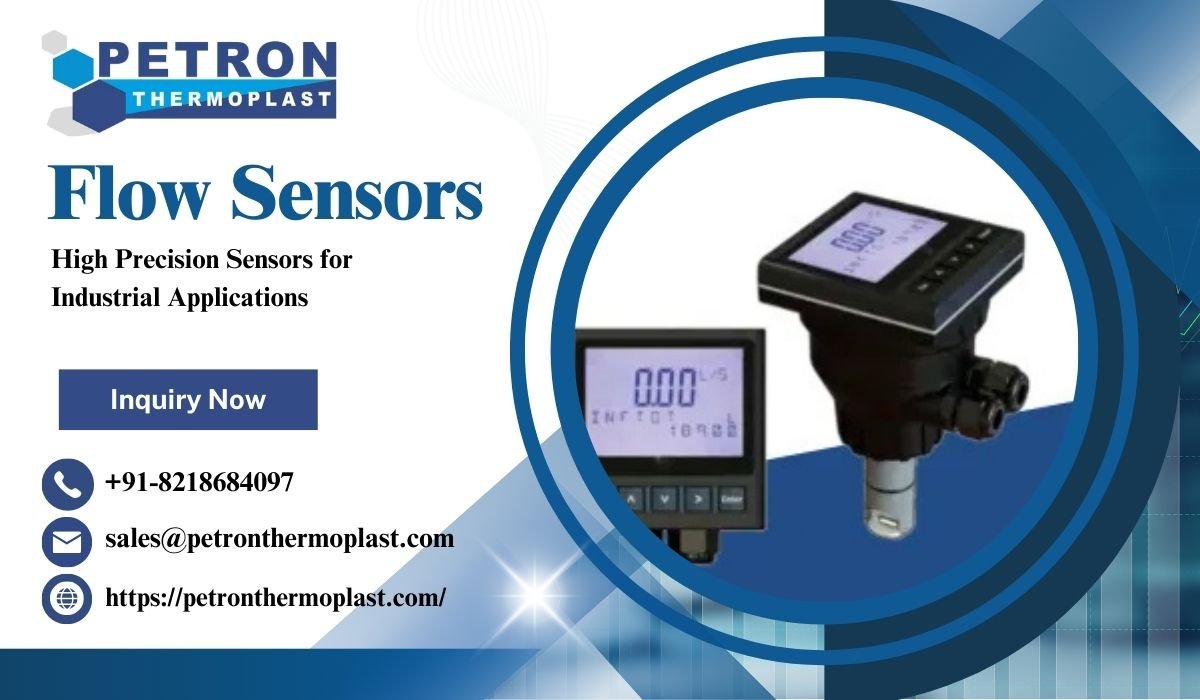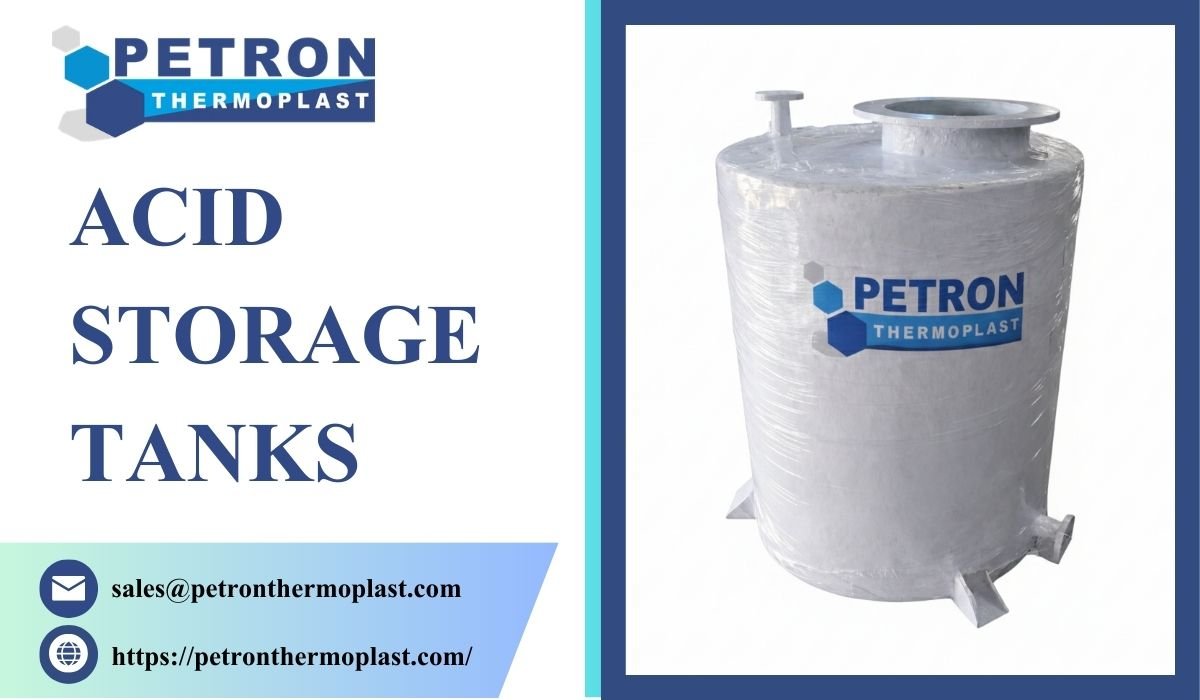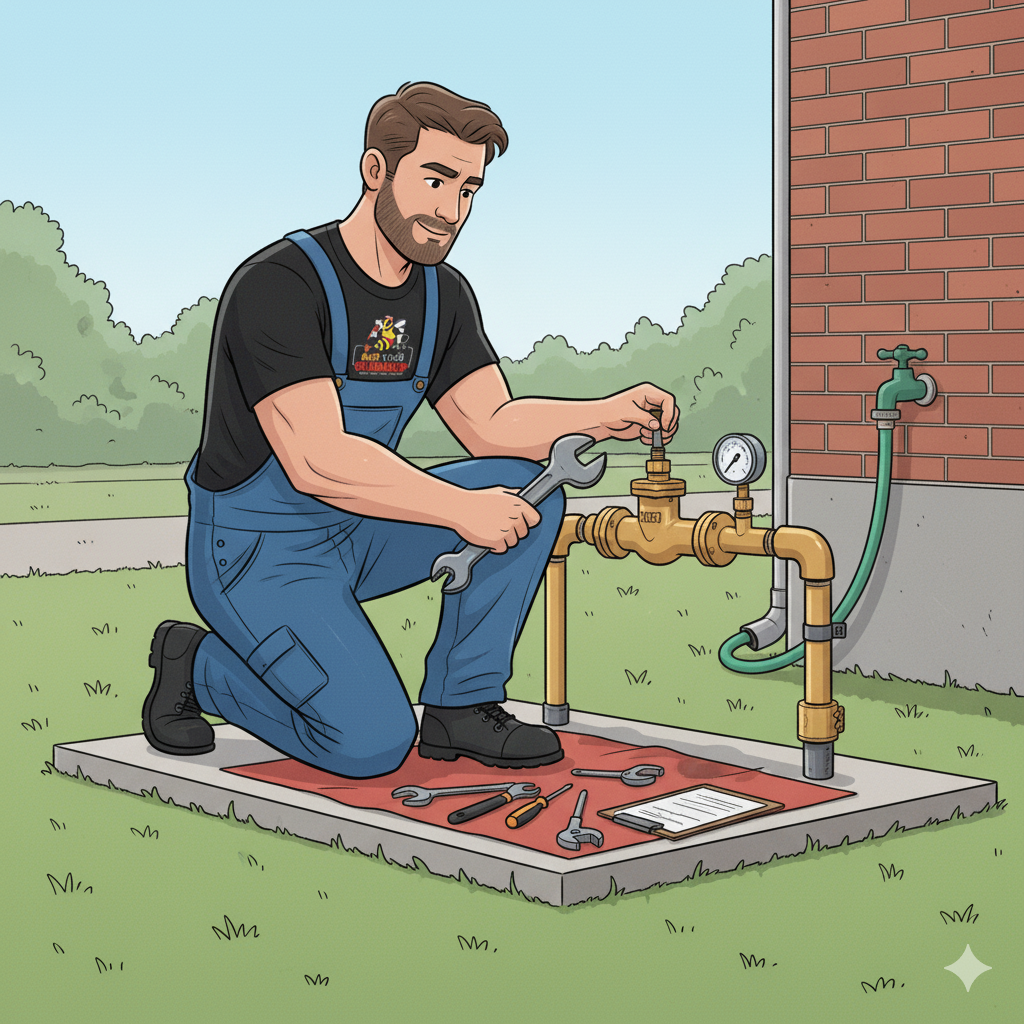In today’s highly automated industrial environment, the ability to accurately measure and control fluid flow is critical. Whether it’s water, gas, oil, chemicals or compressed air, the proper management of process flow impacts everything from product quality and energy usage to safety and operational efficiency. This is why high precision flow sensors have become essential components in industrial systems across the globe.
In this article, we explore what high precision flow sensors are, how they work, the different types available, and why they are vital in a variety of industrial applications.
What Are High Precision Flow Sensors?
A flow sensor is a device used to measure the rate at which a fluid (liquid or gas) moves through a pipeline or channel. The term “high precision” refers to sensors engineered to deliver accurate and repeatable flow measurements even under demanding operating conditions.
These sensors convert flow rate into electrical signals, which can be used for monitoring, record-keeping, alarming or automatic process control. With high precision sensors, even small changes in flow rates can be detected, enabling operators to optimise performance and maintain consistent product quality.
Major Types of Flow Sensors Used in Industry
Different types of flow sensors are available for different fluids and process requirements:
Electromagnetic Flow Sensor
Designed for conductive liquids, such as water, acids, caustic solutions and slurries. They use Faraday’s law to measure flow without any moving parts – ensuring long-term accuracy and minimal maintenance.
Ultrasonic Flow Sensor
Measures fluid velocity using ultrasonic sound waves. Can be clamp-on (non-invasive) or inline. Suitable for clean water, wastewater and certain chemicals.
Turbine Flow Sensor
Uses a turbine wheel that spins at a speed proportional to the fluid velocity. Best suited for clean, low-viscosity fluids like fuel, demineralised water and coolants.
Vortex Flow Sensor
Measures vortices created by an obstruction placed in the flow path. Used for water, steam, gases and certain chemicals.
Thermal Mass Flow Sensor
Detects the thermal properties of the gas or liquid to calculate flow rate. Commonly used for gas flow measurement including compressed air, nitrogen and natural gas.
Why High Precision Flow Sensors Matter in Industrial Applications?
Accurate Process Control
In chemical dosing, blending, or reactor feed operations, the wrong amount of fluid can cause costly product quality issues. Precise flow measurement ensures processes stay within specification.
Optimised Resource Usage
Precise monitoring helps reduce wastage of raw materials, water and energy — resulting in lower operating costs.
Improved Safety
High precision sensors can detect abnormal flow conditions (such as leaks or blockages) early. This allows operators to take corrective action before a safety incident occurs.
Regulatory Compliance
Many industries (e.g. pharmaceuticals, food & beverage, water treatment) are subject to strict standards. Accurate flow recording is a requirement for regulatory compliance and audit readiness.
Industrial Applications of High Precision Flow Sensors
| Industry | Application |
| Chemical Processing | Dosing acids/alkalis, mixing, process flow monitoring |
| Water & Wastewater | Flow metering, chemical injection, leak detection |
| Oil & Gas | Hydrocarbon transfer, fuel metering, flare gas monitoring |
| Food & Beverage | Ingredient metering, CIP systems, bottling and filling |
| HVAC | Chilled water system monitoring, air flow measurement |
| Power Generation | Boiler feed water, cooling water, steam flow measurement |
| Pharmaceutical | Purified water systems, liquid drug production and dosing |
| Manufacturing | Compressed air flow measurement, lubrication systems |
Key Features of High Precision Flow Sensors
- High Accuracy – Typically up to ±0.2% of the measured value
- Repeatability – Almost identical measurements under the same conditions
- Wide Flow Range Capability
- Fast Response Time
- Multiple Output Options (4–20mA, pulse, Modbus, HART)
- Robust Construction for industrial use
- Compatible With PLC, SCADA and IoT Systems
Choosing the Right Flow Sensor for Your Application
If you are unsure, consult a specialised supplier like Petron Thermoplast, who can recommend the best flow sensor based on your specific application and process conditions. To select the correct flow sensor, consider the following:
| Parameter | Questions to Ask |
| Type of Fluid | Is it liquid or gas? Clean or dirty? Viscous or non-viscous? |
| Flow Range | What is the minimum and maximum flow rate? |
| Pressure & Temperature | What are the operating conditions? |
| Pipe Size & Material | What is the size and material of the pipeline? |
| Accuracy Requirements | What level of precision is required by the process? |
| Output Signal | What integration is needed (PLC/SCADA/IoT)? |
Why Choose Petron Thermoplast for Industrial Flow Sensors?
Petron Thermoplast offers a wide range of high-precision flow sensors designed for industrial environments. Here’s why customers trust us:
Complete Range of Flow Technologies
We supply magnetic, ultrasonic, vortex, thermal mass and turbine flow sensors, covering virtually every liquid and gas application.
Industrial-Grade Quality
Our flow sensors are manufactured using high-quality materials and comply with industry standards for accuracy, repeatability and reliability.
Customised Solutions
Need a specific signal output, mounting configuration or material? We offer custom-configured flow sensors built around your requirements.
Expert Technical Support
From product selection to installation and commissioning, our technical team supports you at every step.
Fast Delivery Across India
With ready stock for common models and a streamlined supply chain, we ensure timely delivery for critical projects.
Installation Tips for Accurate Flow Measurement
To ensure accurate and repeatable results:
- Make sure the sensor is installed in a straight run of pipe (avoid elbows or valves immediately upstream/downstream).
- Ensure the pipe is completely full for liquid flow measurement.
- Avoid excessive vibration and temperature cycling.
- Calibrate periodically based on your maintenance schedule.
- Use strainers for fluids with solids to prevent damage to internal components.
Conclusion
High precision flow sensors are the backbone of reliable industrial control systems. They ensure that fluids are delivered at exactly the right rate, improving process efficiency, enhancing safety, and reducing operational costs. Whether you are working with water, chemicals, compressed gases or process fluids, Petron Thermoplast offers durable and accurate flow sensor solutions tailored to your application. Contact us today to choose the right high precision flow sensor for your industrial application – and experience the difference that reliable flow measurement makes.












Leave a Reply